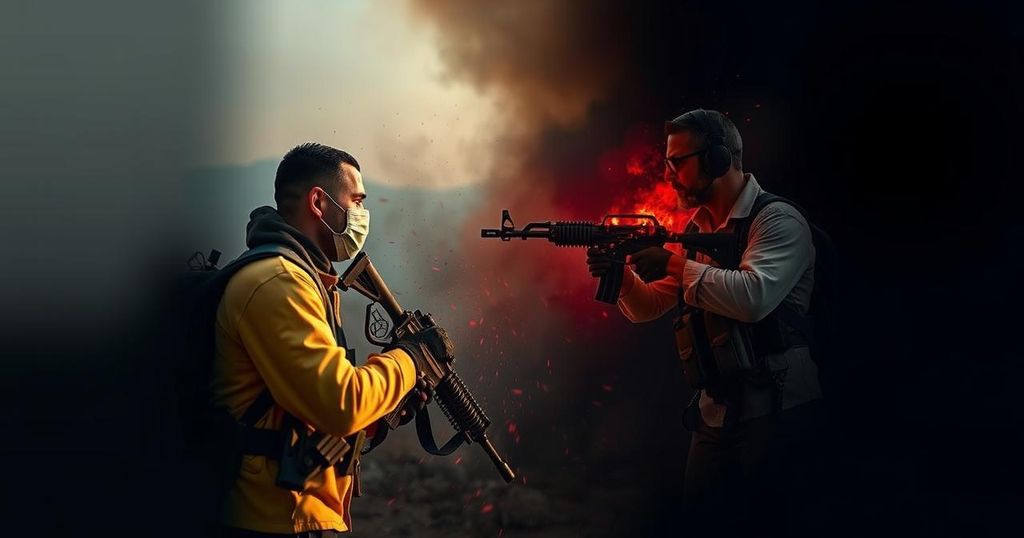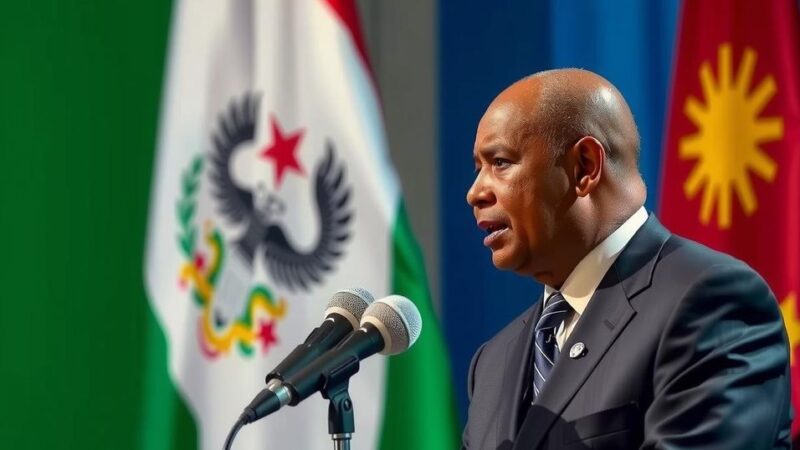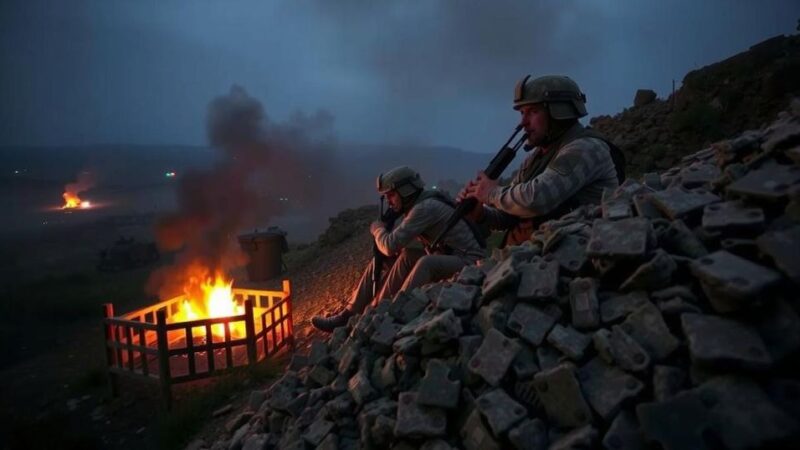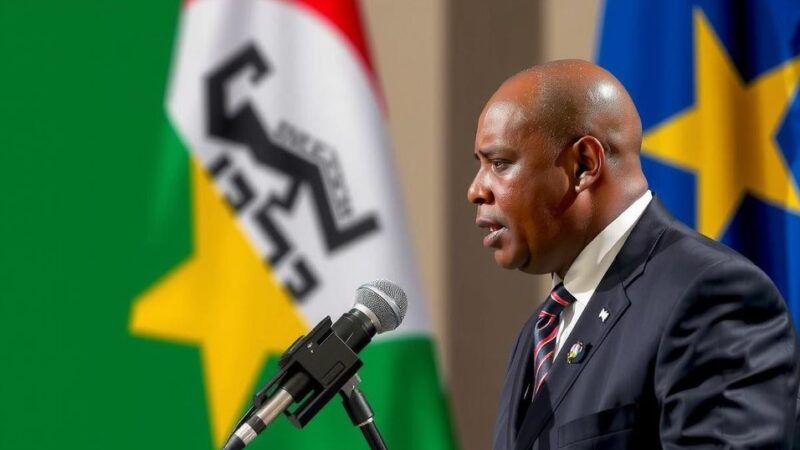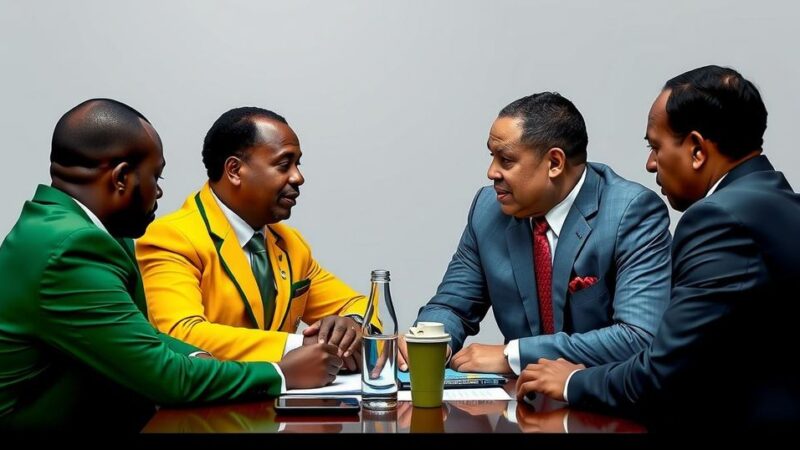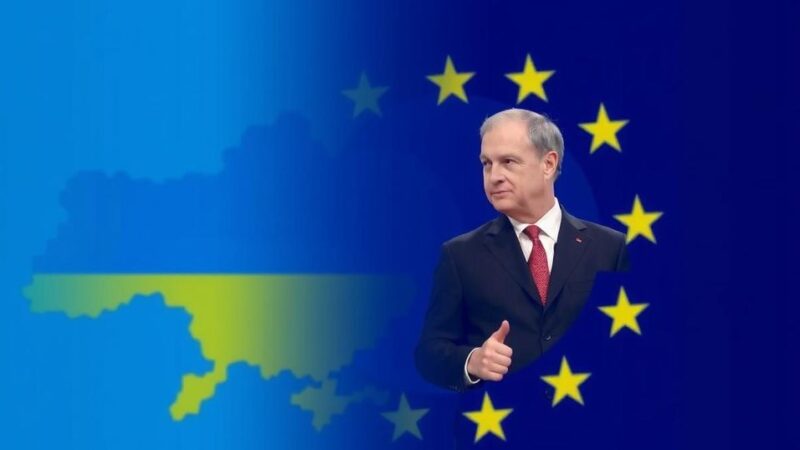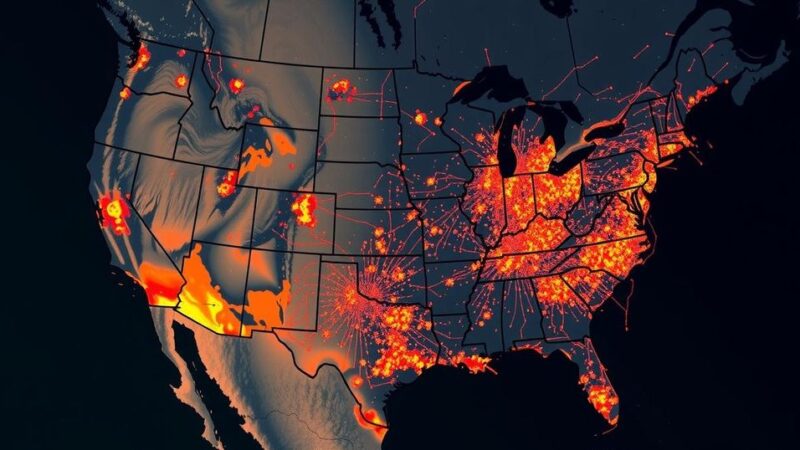Hezbollah and Israel have accused one another of violating a ceasefire just 24 hours into its enforcement. Concurrently, Israeli strikes have intensified in Gaza, resulting in multiple casualties. Hezbollah’s MP criticized Israeli actions against civilians, while Israel’s military cited the presence of suspects in prohibitive areas as justification for their operations. The situation remains tense with ongoing military activities on both sides and humanitarian concerns burgeoning in the affected regions.
On Thursday, both Hezbollah and Israeli officials engaged in mutual accusations regarding violations of a ceasefire that had been in effect for a mere 24 hours. Hezbollah alleged that Israeli forces had targeted civilians, while Israel contended that “suspects” had entered prohibited zones in southern Lebanon. Concurrently, Israeli military operations intensified in Gaza, resulting in the deaths of at least 21 Palestinians amid escalated airstrikes and ground movements.
Hezbollah MP Hassan Fadlallah stated that Israeli offensive actions against civilians infringe upon the agreed-upon ceasefire terms. In his remarks to the media, Fadlallah emphasized the severity of these violations, declaring, “The Israeli enemy is attacking those returning to the border villages.” Meanwhile, Israeli Foreign Minister Gideon Saar expressed confidence that the United States would take action against the International Criminal Court (ICC) for issuing arrest warrants against Israeli officials, linking Israel’s military efforts in Gaza to hostage recovery and regional stability.
Israeli military activities along the Lebanon-Israel border have sparked further tensions, with tank fire reportedly targeting several Lebanese settlements, including Markaba and Wazzani. Despite the ongoing ceasefire, Israel’s army has warned Lebanese citizens to refrain from returning to areas near the Blue Line, citing safety concerns. The Lebanese military has mobilized troops to enforce the ceasefire while maintaining careful surveillance of the situation along the border.
As clashes escalate, the humanitarian crisis deepens in Gaza, where at least 17 Palestinians were killed during airstrikes on Thursday. These military actions are said to target key locations, raising international concerns over civilian casualties and the prospect of a drawn-out conflict. Amidst this turmoil, Palestinian President Mahmoud Abbas has identified a potential interim successor, addressing concerns surrounding a power vacuum amid ongoing hostilities.
The current geopolitical climate in the Middle East is marked by heightened tensions between Israel and Hezbollah, exacerbated by ongoing conflict in Gaza. A ceasefire agreement was recently reached, yet violations have already emerged, reflecting the fragile nature of peace in the region. With both parties accusing each other of breaches, coupled with significant military operations in Gaza resulting in rising fatalities, the situation remains precarious. Furthermore, both Hezbollah and Israeli officials are grappling with internal and external pressures, as international reactions and assessments are increasingly spotlighted, particularly concerning humanitarian crises stemming from military engagements.
In summary, the ongoing exchanges of accusations between Hezbollah and Israel regarding ceasefire violations highlight the precariousness of the recently established peace. Simultaneously, the significant loss of life reported in Gaza underscores the devastating humanitarian impact of continued military operations. As local populations are caught in the crossfire, the need for a stable and lasting resolution becomes ever more urgent. International responses and the evolving political landscape will play crucial roles in shaping future developments in this enduring conflict.
Original Source: www.france24.com
